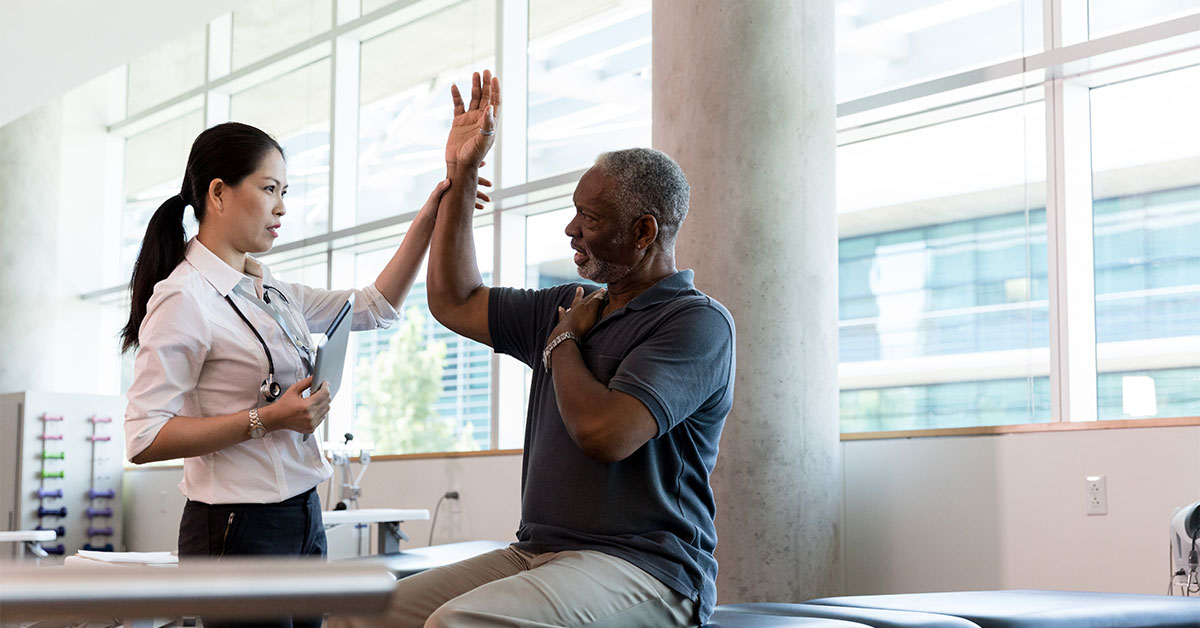Harnessing Psychological Strength to Optimize Results in Sports Rehabilitation
Wiki Article
Mental fortitude is an crucial quality that can greatly elevate outcomes in sports treatment. Athletes often encounter setbacks that involve time away from their sport, which can be both bodily and psychologically straining. Mental resilience refers to the ability to remain robust and positive in the face of obstacles. It helps athletes manage the strain of rehabilitation, stay focused on their objectives, and maintain determination throughout the recovery process. By developing mental resilience, individuals can improve their recovery experience and return to their performance stronger than before.

An key aspect of building mental resilience is setting realistic goals. When athletes are hurt, it is important for them to have structured, achievable objectives during their rehabilitation. These goals should be specific, quantifiable, realistic, relevant, and time-bound (SMART) principles. For example, instead of saying “I hope to heal quicklyâ€, an patient might set a goal like “I aim to do my rehab sessions thrice weekly for the next monthâ€. This helps athletes track their progress and keep their focus on what they can manage, reducing feelings of frustration or hopelessness.
Another important factor in enhancing mental resilience click to find out more is maintaining a uplifting mindset. Recovering individuals should practice affirmative thinking and guided imagery to foster a resilient mental environment. Affirming self-statements involves replacing limiting thoughts with empowering statements. For instance, instead of thinking “This is too hardâ€, an patient could tell themselves “I’m getting stronger with every stepâ€. Imagery can also be effective; patients can imagine themselves performing well in their activity as they recover. These practices help build confidence and reinforce the belief that return to performance is possible.
Supportive relationships play a vital role in fostering psychological strength during recovery. Athletes should surround themselves with motivating peers, loved ones, coaches, and healthcare providers who understand the difficulties of rehabilitation. Transparent dialogue with these support figures allows athletes to express their thoughts, concerns, and struggles. Additionally, sharing experiences with other injured athletes can provide a sense of shared understanding and empathy Full Article that makes the path easier. Knowing others have faced related obstacles can inspire hope and motivate athletes to push through.
Finally, mindfulness techniques can significantly improve an individual’s emotional stability during recovery. Mindfulness involves being attentive of one’s mental processes and feelings without judgment. Practices such as mental stillness, breathwork, or yoga can help athletes manage tension and stress related to their healing process. By incorporating these techniques into their daily routines, patients learn to stay grounded and focused on their recovery process, rather than dwelling on what they have been unable to do during their time off from competition. This method promotes mental clarity and encourages a more positive attitude towards rehabilitation.